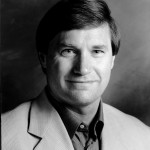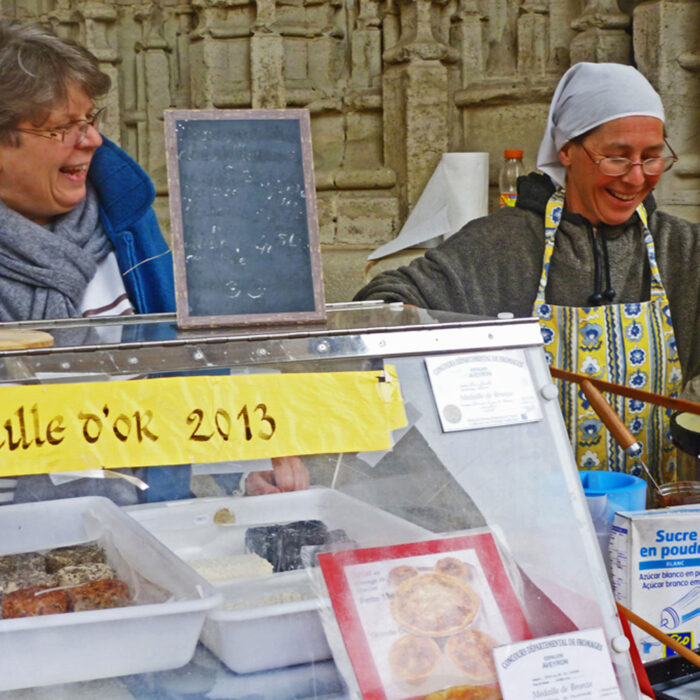You have no items in your cart. Want to get some nice things?
Go shoppingBeing in the Right Place at the Right Time
“I know it’s all in our minds, but a mind is a powerful thing.” —Colin Cotterill
Two Men Walking
“I am always surprised when a young man tells me he wants to work at cosmology; I think of cosmology as something that happens to one, not something one can choose.” —William H. McCrea
The old gentleman walking down the street looked the same as ever—distinguished but slightly dishevelled, in a Bohemian style, a slow-walking European on an American main street, sad-faced, purposeful but not quite watching where he was going, always catching the attention of the locals as he made his way politely through the shoppers and the contra-flow of students late for lectures. Everyone seemed to know who he was, but he avoided everyone’s gaze.
Today, he had a new companion, very tall and stockily built, a little the worse for wear, untidy but in a different way. They were both deep in conversation as they made their way, walking and talking, oblivious of the shop windows beside them. The older man listened thoughtfully, sometimes frowning gently; his younger companion enthusiastically pressing his point, occasionally gesticulating wildly, talking incessantly. Neither spoke native English but their accents were quite different, revealing resonances with many places. Intent on crossing the street, they stopped, lingering at the kerbside as the traffic passed. The traffic lights changed and they continued quietly across the street, both momentarily concentrating on light, sound and relative motion.
Suddenly, something happened. The taller man started to say something again, making a dart of his hand. The traffic was moving again now but the old man had stopped, dead in his tracks, oblivious to the cars and the hurrying pedestrians. His companion’s words had consumed his thoughts entirely. The cars roared past on both sides leaving the two of them marooned in their midst like a human traffic island. The old man was deep in thought, the younger one reiterating his point. Eventually, resuming contact with the moving world around them, but forgetful of where they had been going, the older man led them silently towards the pavement—the one they had stepped off a minute ago—and they walked and talked their way from whence they had come, lost in this new thought.
The two men had been talking about universes. The place was Princeton, New Jersey, and the time was during the Second World War. The younger man was George Gamow, or ‘Gee-Gee’ to his friends, a Russian émigré to the United States. The older man was Albert Einstein. Einstein had spent the previous thirty years showing how we could understand the behaviour of whole universes with simple maths. Gamow saw that those universes must have had a past that was unimaginably different to the present. What had stopped them both in their tracks was Gamow’s suggestion that the laws of physics could describe something being created out of nothing. It could be a single star; but it might be an entire universe!
Funny Things, Universes.
“History is the sum total of the things that could have been avoided.” —Konrad Adenauer
What is the universe? Where did it come from? Where is it heading? These questions sound simple but they are amongst the most far-reaching that have ever been posed. Depending upon how much you know, there are many answers to the question of what we mean by ‘universe’. Is it just everything you can see out in space—perhaps with the space in between thrown in for good measure? Or is it everything that physically exists? When you draw up the list of all those things to include in ‘everything’ you start to wonder about those ‘things’ that the physicists call the ‘laws of Nature’ and other intangibles like space and time. Although you can’t touch or see them, you can feel their effects, they seem pretty important and they seem to exist—a bit like the rules of football—and we had better throw them in as well. And what about the future and the past? Just focusing on what exists now seems a bit exclusive. And if we include everything that has ever existed as part of the universe, why not include the future as well? This seems to leave us with the definition that the universe is everything that has existed, does exist and will ever exist.
If we were feeling really pedantic we might take an even grander view of the universe, which includes not only everything that can exist but also everything that could exist—and finally, even that which cannot exist. Some medieval philosophers were drawn to this sort of completeness, adding everything that has existed, does exist and will not exist to the catalogue of what was, is and will be. This approach seems bent upon creating new problems in an area where there are enough already. Yet recently it has re-emerged in modern studies of the universe, albeit in a slightly different guise. Modern cosmologists are not only interested in the structure and history of our universe but also in the other types of universe that might have been. Our universe has many special and (to us at least) surprising properties that we want to evaluate in order to see if they could have been otherwise. This means that we have to be able to produce examples of ‘other’ universes so as to carry out comparisons.
This is what modern cosmology is all about. It is not just an exercise in describing our universe as completely and as accurately as possible. It seeks to place that description in a wider context of possibilities than the actual. It asks why our universe has some properties and not others. Of course, we might ultimately discover that there is no other possible universe (whose structure, contents, laws, age and so forth are different in a way we can conceive of) apart from the one we see. For a long time, cosmologists were rather expecting—even hoping—that would turn out to be the case. But recently the tide has been flowing in the opposite direction and we seem to be faced with many different possible universes, all consistent with Nature’s laws. And, to cap it all, these other universes may not be only possibilities: they may be existing in every sense that we attribute to ordinary things like you and me, here and now.
 John D. Barrow is Professor of Mathematical Sciences and Director of the Millennium Mathematics Project at Cambridge University; Fellow of Clare Hall, Cambridge; Fellow of the Royal Society; and the current Gresham Professor of Geometry at Gresham College, London. He is also the author of many highly acclaimed books on cosmology, The Book of Universes being one of them, published by Bodley Head on 3 February 2011.
John D. Barrow is Professor of Mathematical Sciences and Director of the Millennium Mathematics Project at Cambridge University; Fellow of Clare Hall, Cambridge; Fellow of the Royal Society; and the current Gresham Professor of Geometry at Gresham College, London. He is also the author of many highly acclaimed books on cosmology, The Book of Universes being one of them, published by Bodley Head on 3 February 2011.





